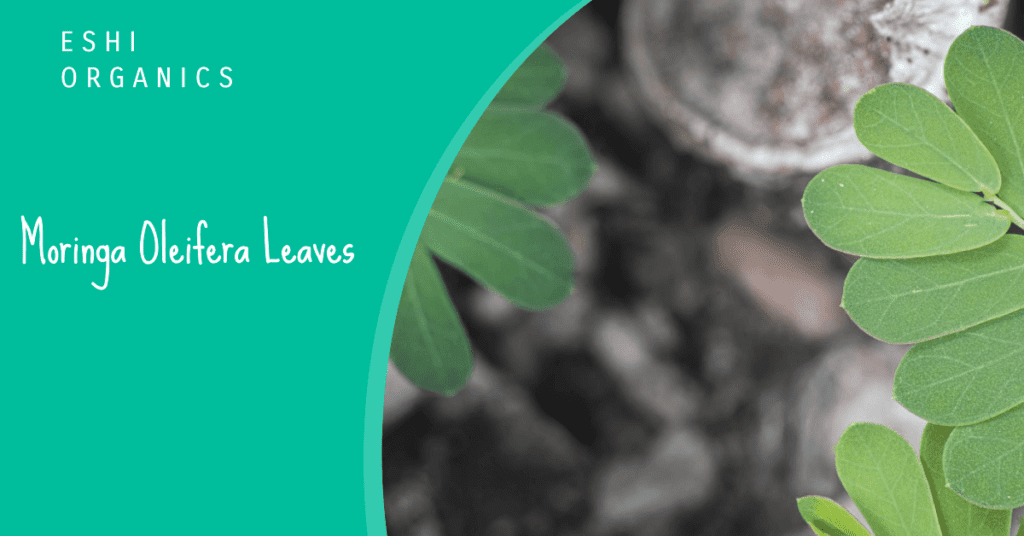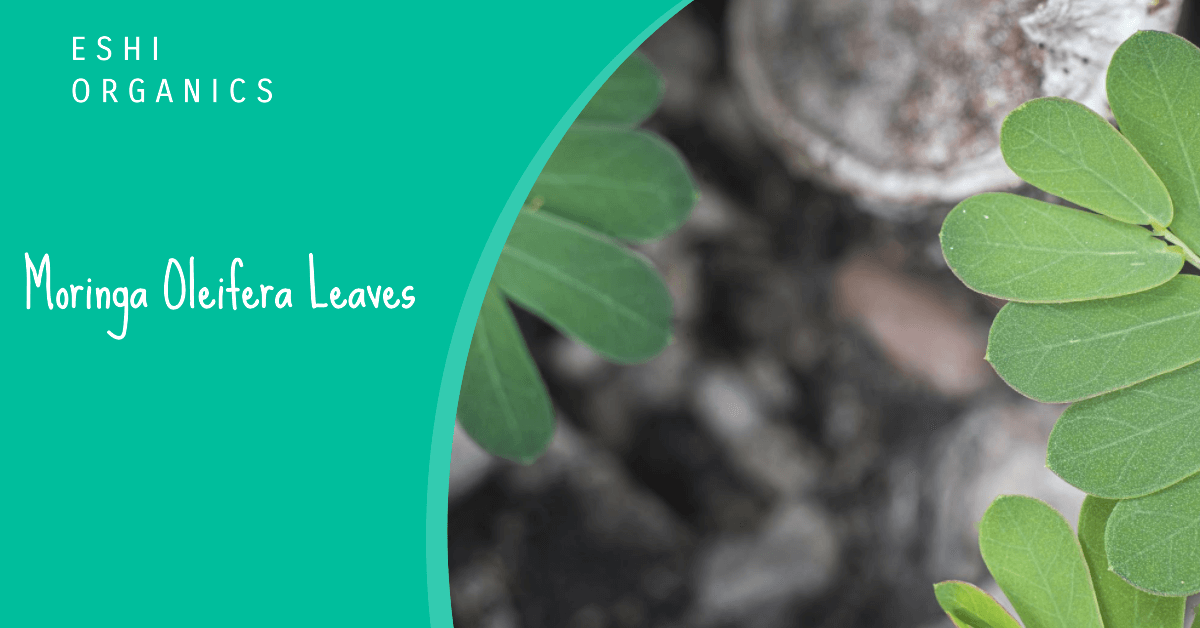Moringa leaves are mostly referred to as superfoods. It contains a high level of nutrients. Organic Moringa leaves are a rich source of energy and immunity. Moringa Oleifera, often called the “drumstick tree,” has gained popularity for its incredible health benefits. Its leaves are considered a superfood, rich in essential nutrients and antioxidants that support overall wellness. Incorporating Moringa tea into your daily routine can offer numerous advantages. Let’s explore why Moringa leaves are a nutritional powerhouse and how they can enhance your health.
Moringa Leaves: Nutritional Treasure
Moringa Oleifera leaves are packed with vitamins, minerals, and antioxidants that make them a vital addition to a balanced diet. Rich in nutrients like vitamin C, vitamin A, calcium, potassium, and protein, they support various bodily functions and overall health.
Moringa Leaf Nutrition: A Closer Look
Moringa Oleifera benefits are not hidden from anyone. They are evident to the people using it, and they have appreciated its wonders for years. As they are loaded with massive essential nutrients, let’s have a look:
- Vitamin C
Vitamin C: Essential for immune system support, tissue repair, and antioxidant protection. Moringa leaves contain approximately 220 mg of vitamin C per 100g, which is significantly higher than oranges. (Source)
- Vitamin A
Vital for maintaining healthy skin, vision, and immunity. One serving of Moringa leaves offers about 378% of the daily recommended intake of vitamin A. (Source)
- Potassium
Regulates blood pressure, muscle function, and nerve signals. Moringa’s potassium content surpasses that of bananas, with approximately 337 mg per 100g. (Source)
- Calcium
Strengthens bones, teeth, and muscles. Moringa provides 185 mg of calcium per 100g, making it an excellent plant-based source. (Source)
- Antioxidants:
Moringa leaves contain quercetin, chlorogenic acid, and beta-carotene, which combat oxidative stress and promote cellular health. (Source)

Moringa Antioxidant Properties
Moringa leaves are enriched with antioxidants. It has Quercetin, Chlorogenic acid, and beta-caroten. These antioxidants are a relief to oxidative stress, which leads to many health issues. This problem accelerates the aging process. By adding Moringa leaves into the diet, we can enhance the body’s stability and activate the ability to fight harmful radicals. Moringa immune system support is beneficial, and it controls fatigue.
Also read: How to Make Honey-Soaked Amla: A Delicious and Nutritious Recipe
Moringa Tea Health Benefits
One of the most popular ways to enjoy Moringa leaves is by brewing them into tea. This simple preparation retains the leaves’ nutrients, making it an ideal health drink. Here are the significant health benefits of Moringa tea:
- Blood Sugar Management
Research suggests that Moringa leaves can lower blood sugar levels, making them a helpful dietary addition for managing diabetes. A study published in the Journal of Food Science and Technology found that Moringa helped reduce fasting blood sugar levels in participants by 13.5%. (Source)
- Cholesterol Reduction
Moringa leaves have shown promise in reducing cholesterol levels. Lower cholesterol can contribute to improved heart health and reduced risk of cardiovascular diseases. (Source)
- Support Digestive System
High in fiber, Moringa tea supports healthy digestion by promoting gut health and preventing constipation. Its anti-inflammatory properties may help soothe gastrointestinal discomfort.
- Moringa Tea for Skin
Rich in antioxidants and vitamins, Moringa tea can contribute to glowing, healthy skin. Regular consumption may help reduce signs of aging and improve skin elasticity.
Risks of Consuming Excessive Moringa Tea
While Moringa tea offers many benefits, it’s essential to consume it in moderation to avoid potential side effects.
Let’s check the side effects:
- Digestive Disturbance
Overconsumption of this tea can lead to stomach discomfort, which causes diarrhea, cramps, and nausea.
- Pregnancy and Breastfeeding
Moringa contains compounds that could induce uterine contractions, posing risks during pregnancy. Consult a healthcare provider before use.
- Kidney Health
Those with kidney issues should avoid excessive Moringa consumption as it may interfere with kidney function.
- Medication and Interactions
Moringa may interact with certain medications, such as blood pressure or diabetes drugs.
- Allergic Reactions
There are high chances of getting allergic to Moringa if your skin is sensitive. It shows symptoms like itching, difficulty breathing, and rashes. So, avoid using Moringa excessively. Always use Moringa in moderation and as recommended.
How to Make Moringa Tea
Ingredients:
- 1 teaspoon dried Moringa leaves
- 1 cup water
Instructions:
- Boil water and add dried Moringa leaves.
- Simmer for 5-7 minutes.
- Strain and enjoy your nutrient-packed tea.
Optional: Add honey or lemon for enhanced flavor and benefits.
Food for thought
The benefits of Moringa tea are like a treasure trove waiting to be opened on the trip to a healthier and cheerful you. It contains high-level nutrients. Antioxidants, vitamins, and minerals are the essential nutrients of this drink. This tea is a natural skin enhancer and super effective for meeting daily life needs.
Moringa vitamins and minerals keep a long list. In this world of stress, this tea acts like a comforting friend. It offers a calm and cozy feeling in the daily hustle and bustle. Moringa tea is a soothing cup of warmth. It stuffs vitality in the body.
In the end, where this tea is exceptional and is loaded with great minerals, this has some effects, too. Balancing is a golden rule. It is essential to keep in mind that overdose can lead to unwanted harm. Moderation is the key so one can happily enjoy its goodness!



